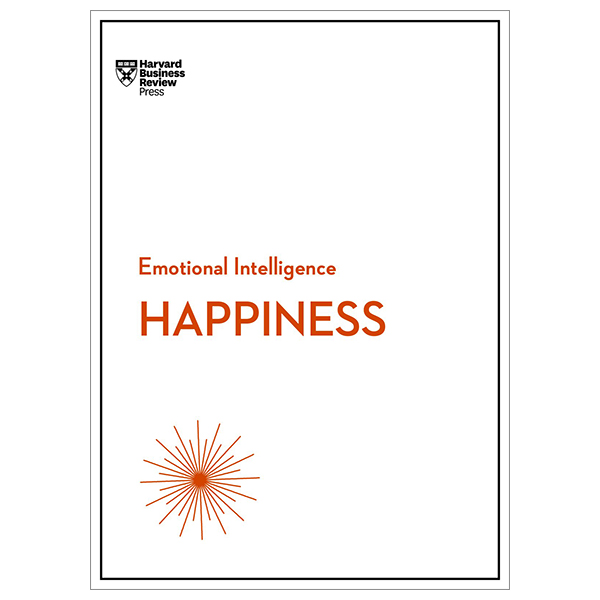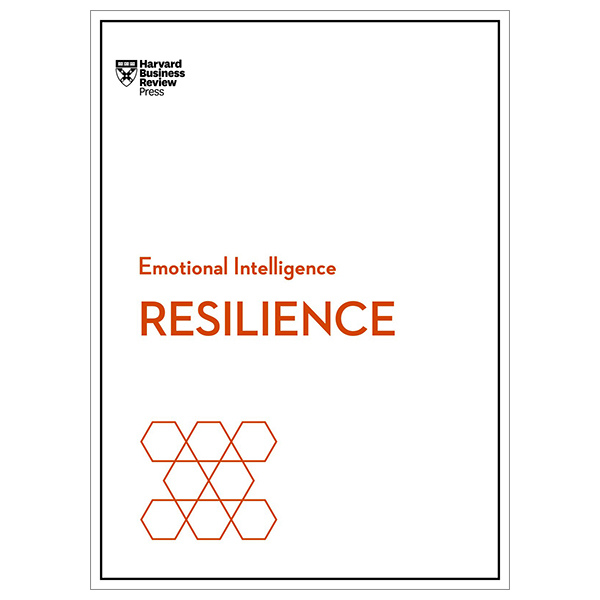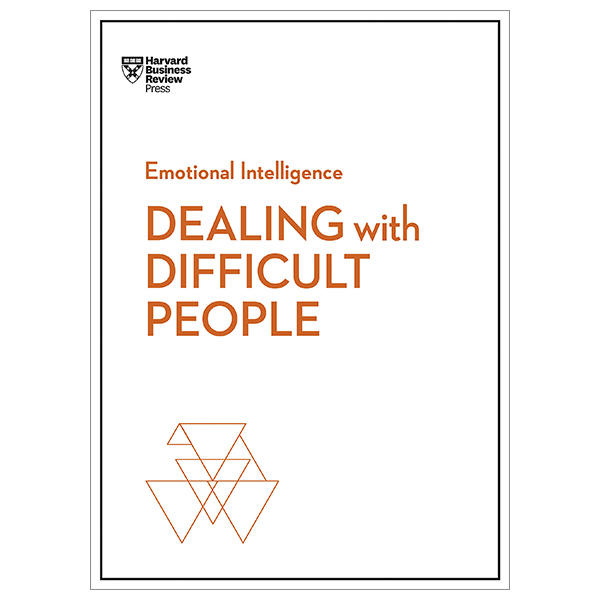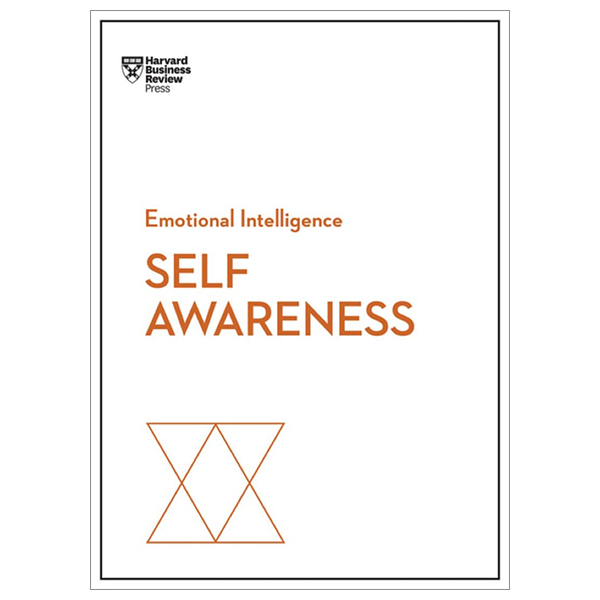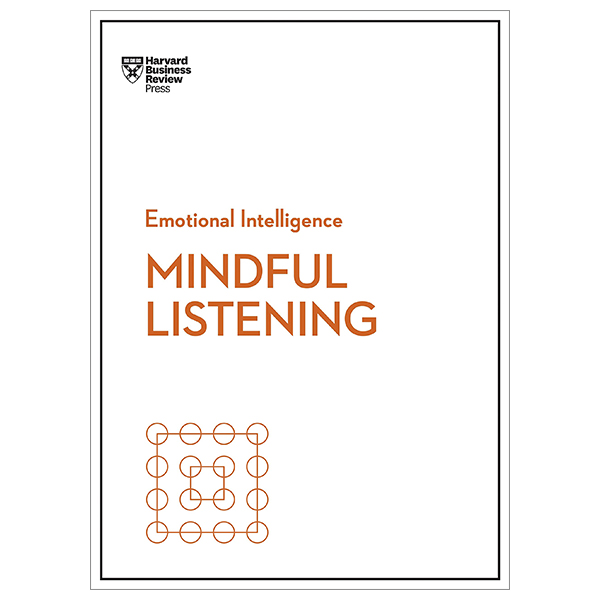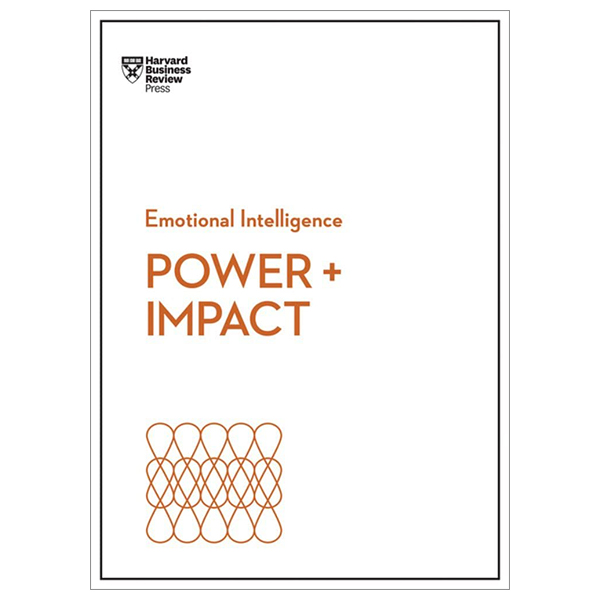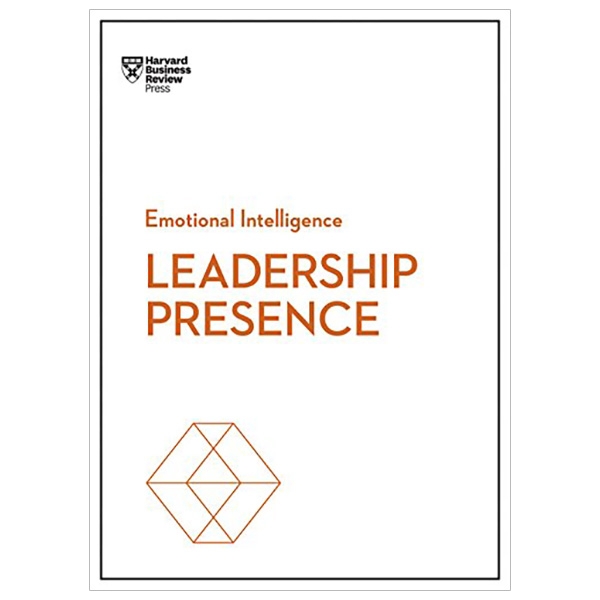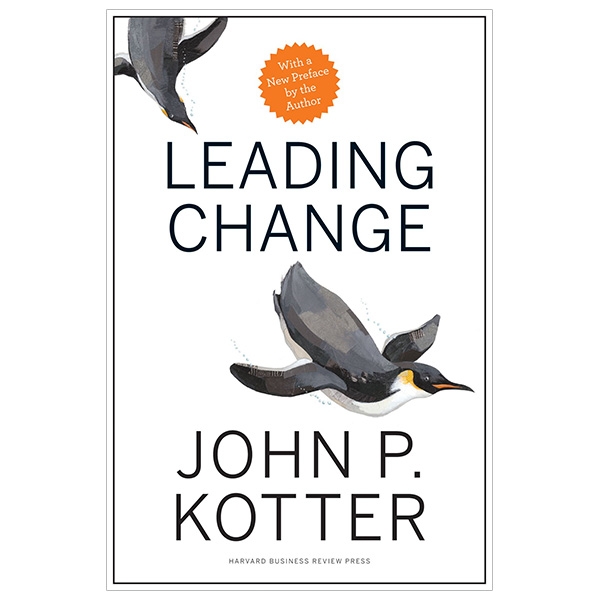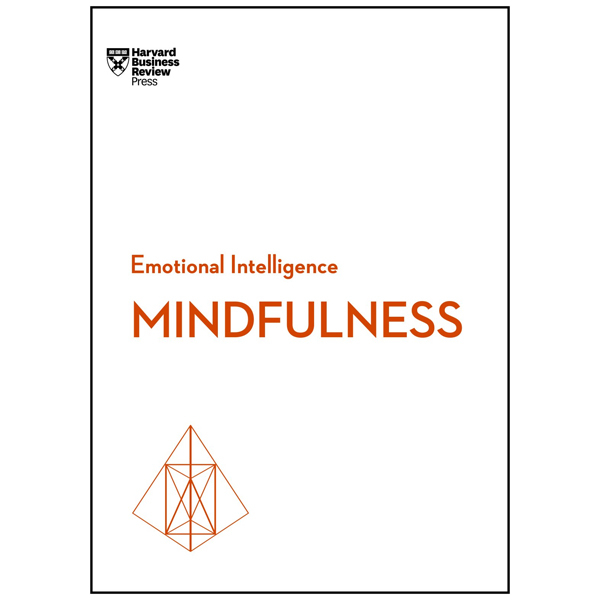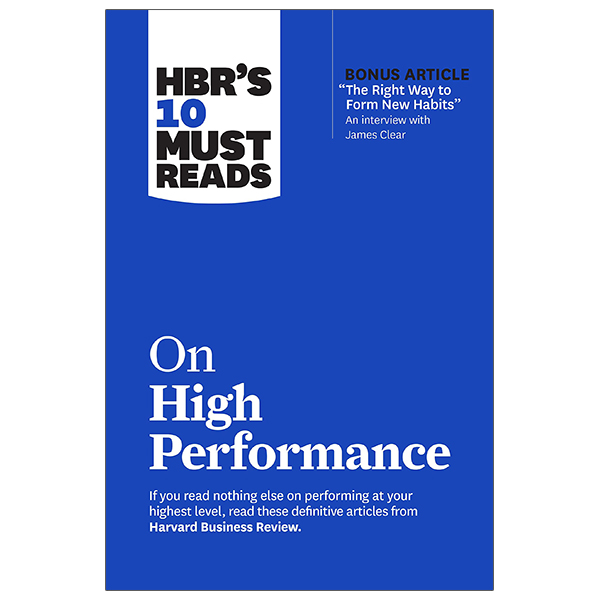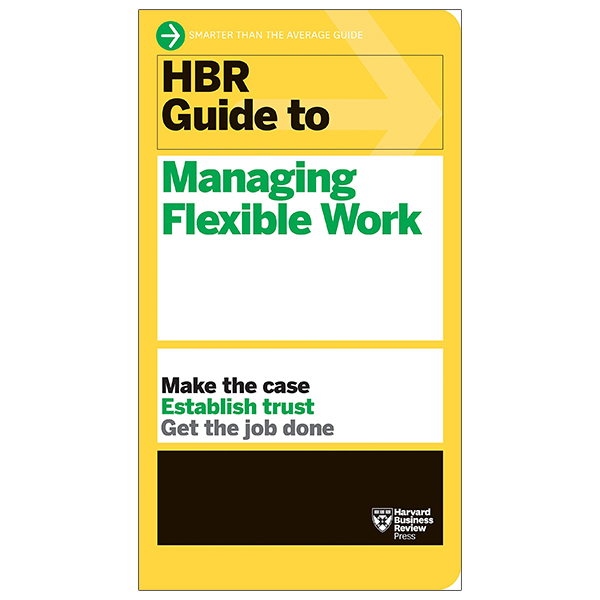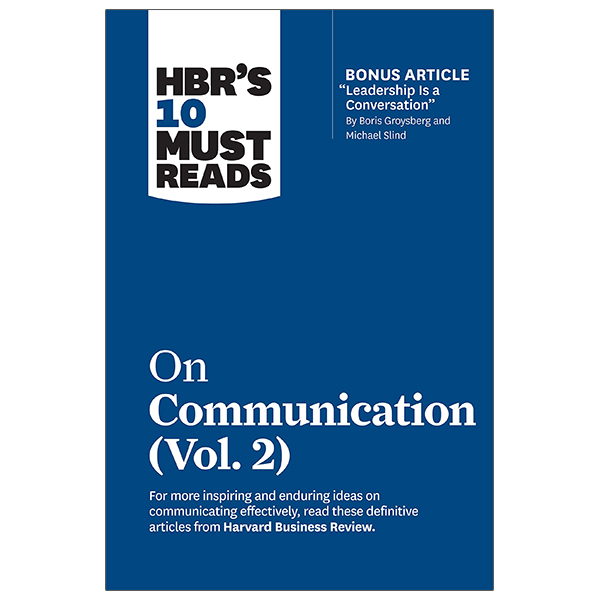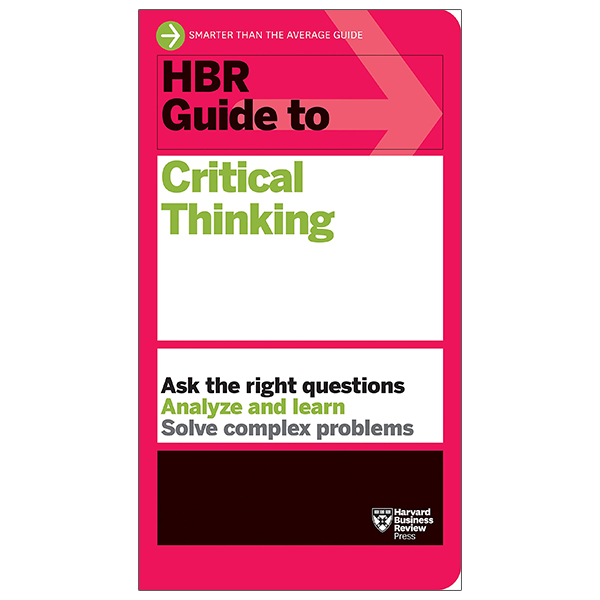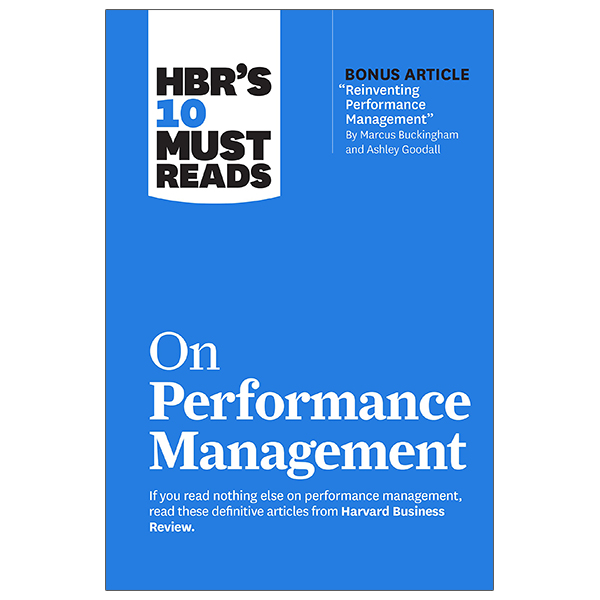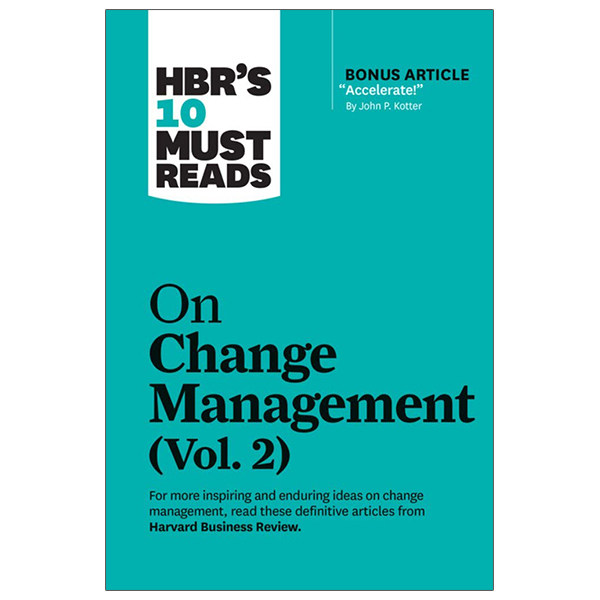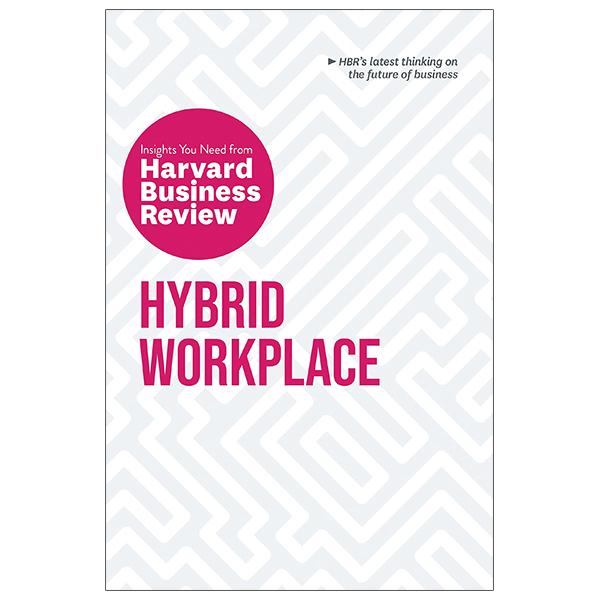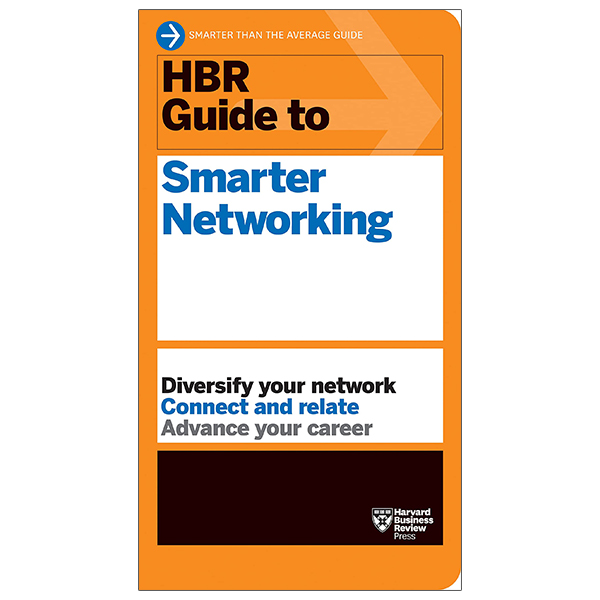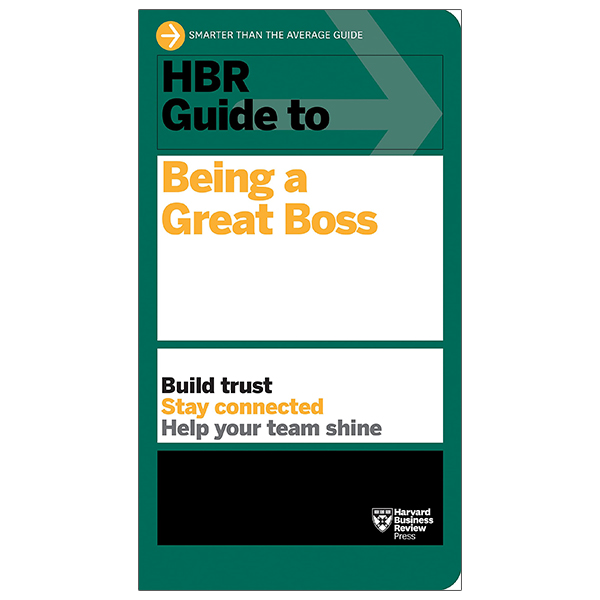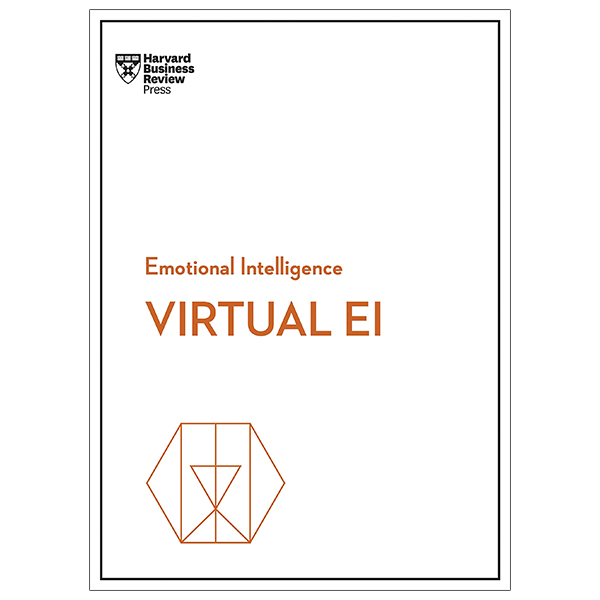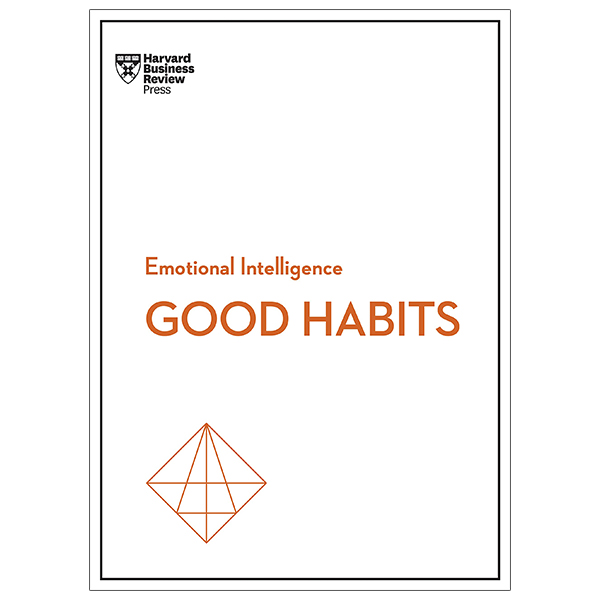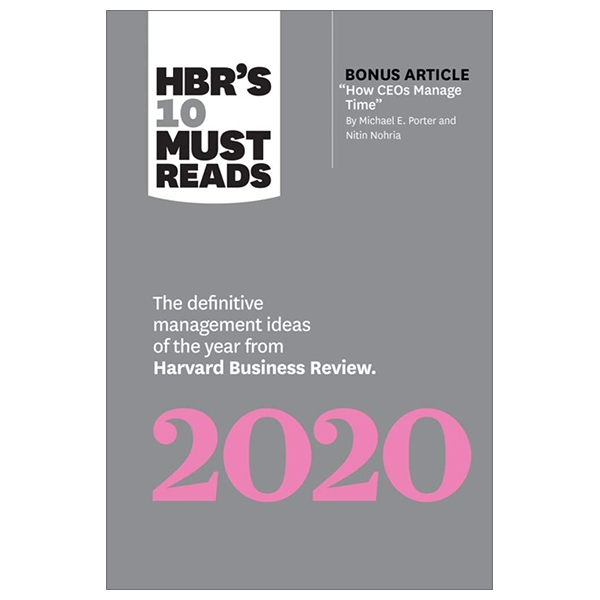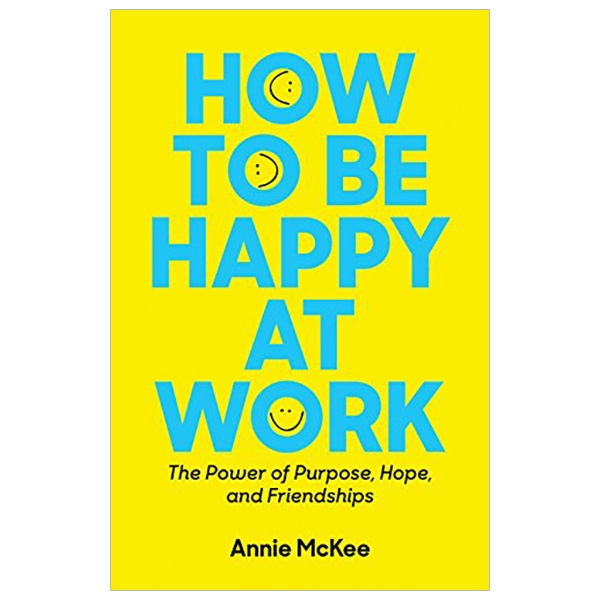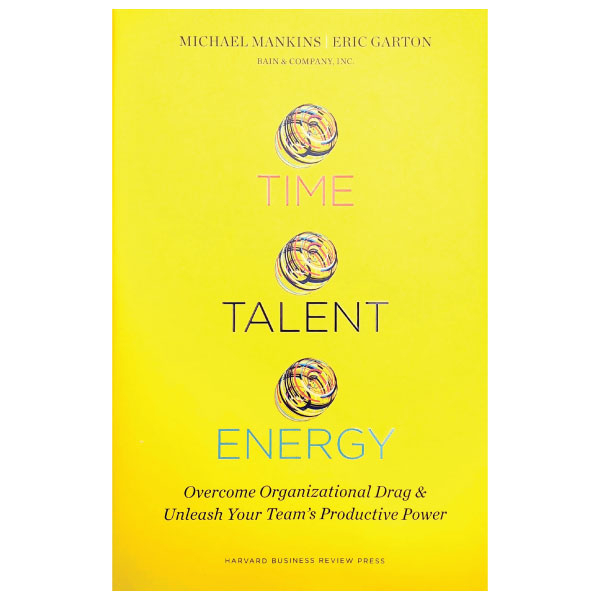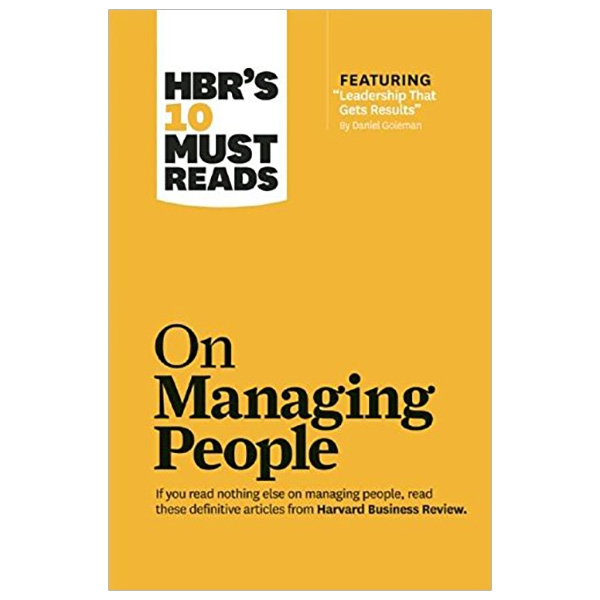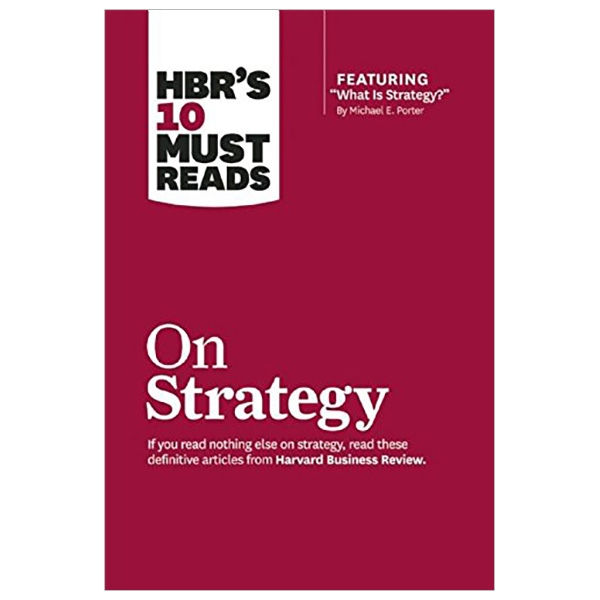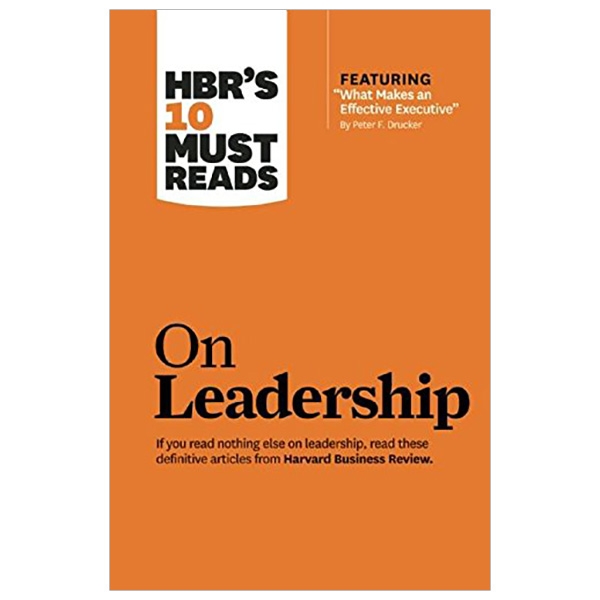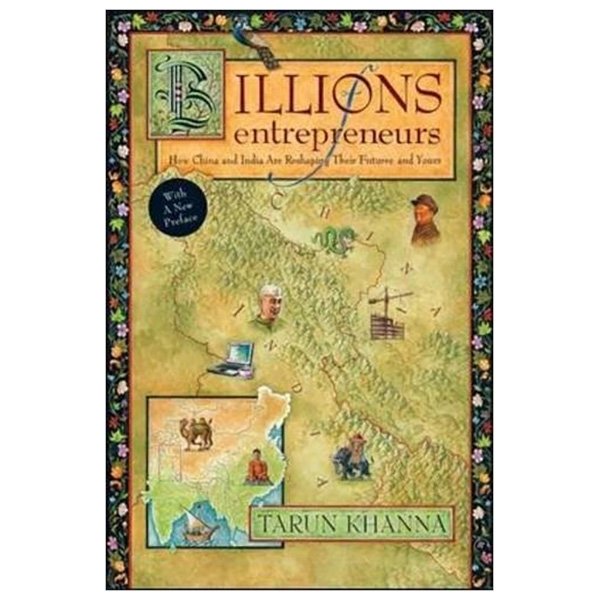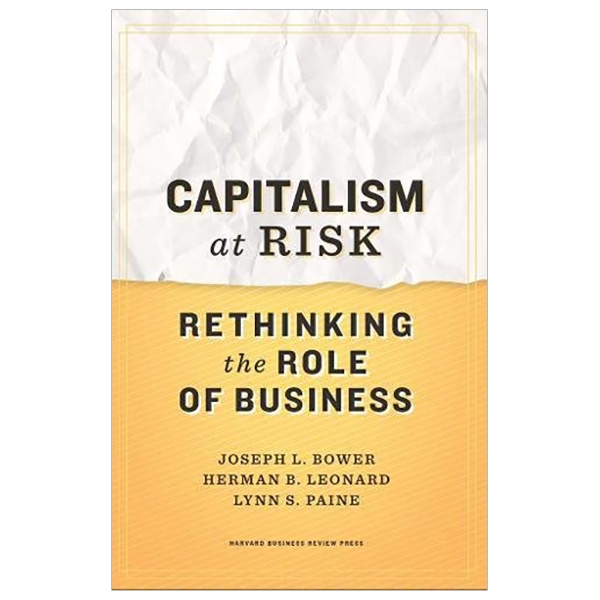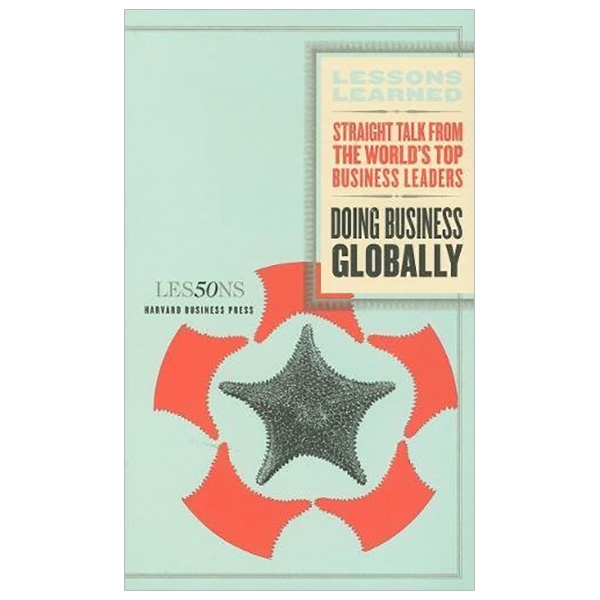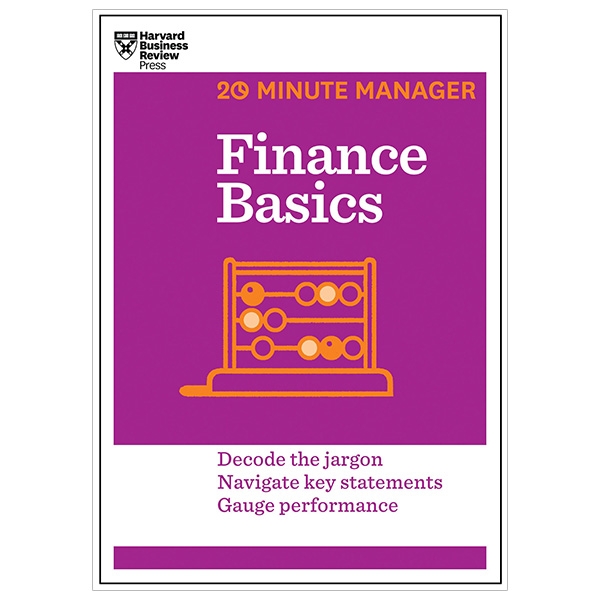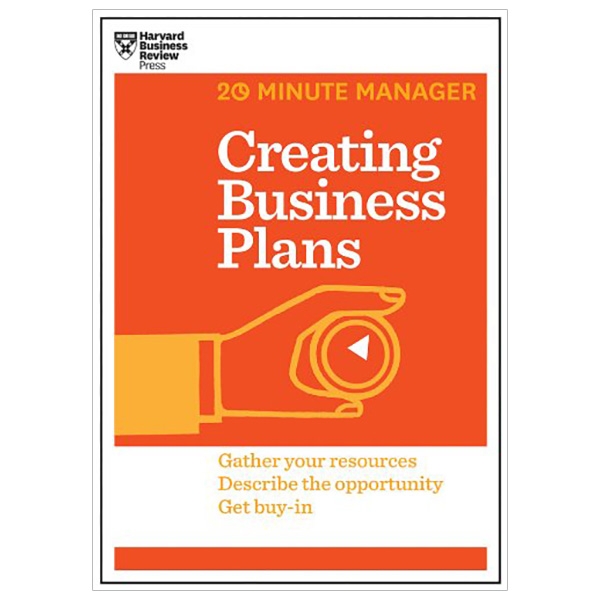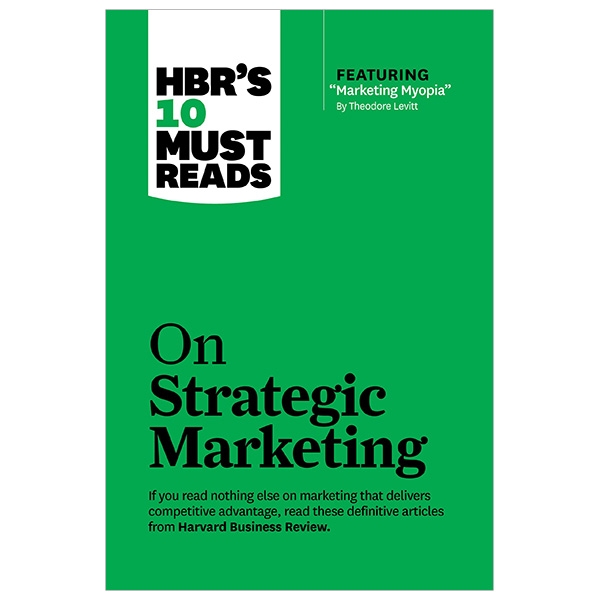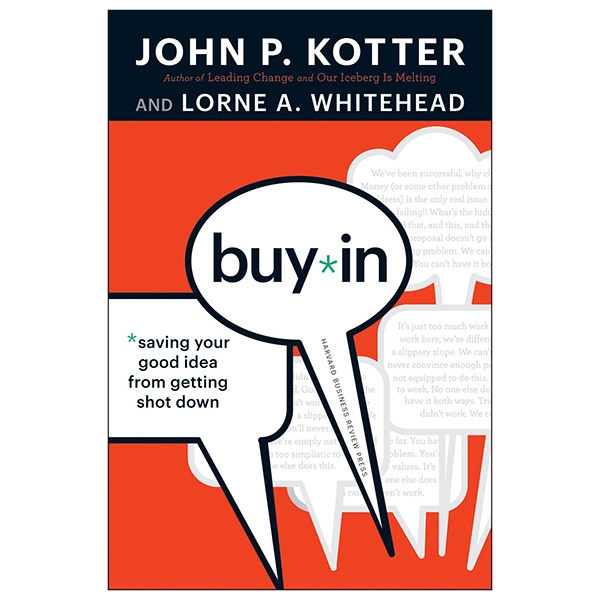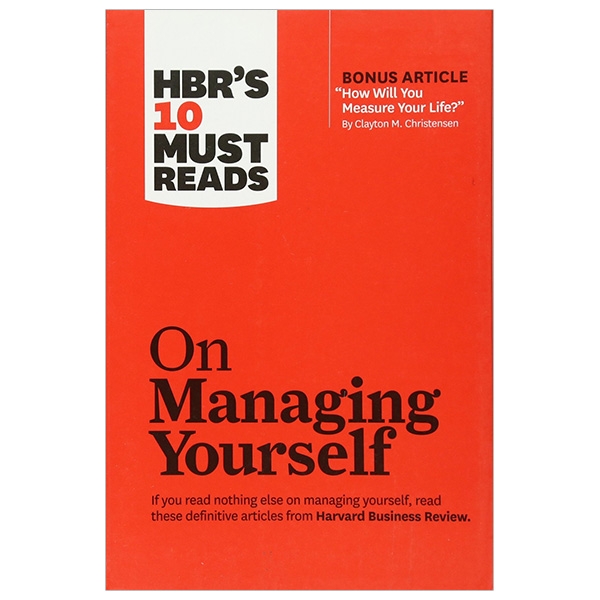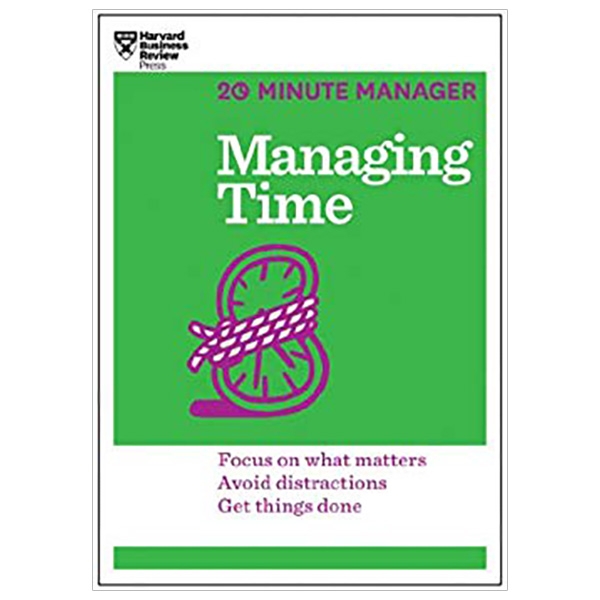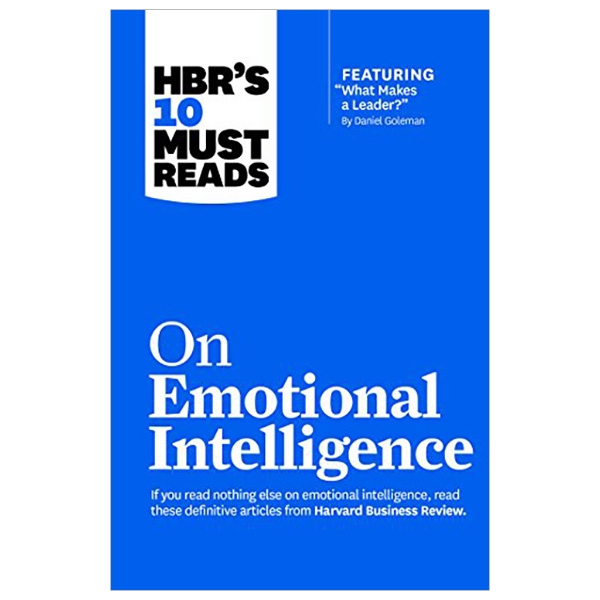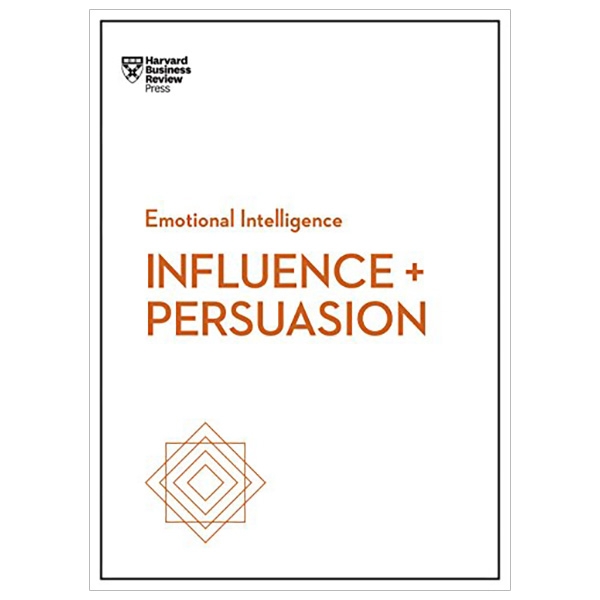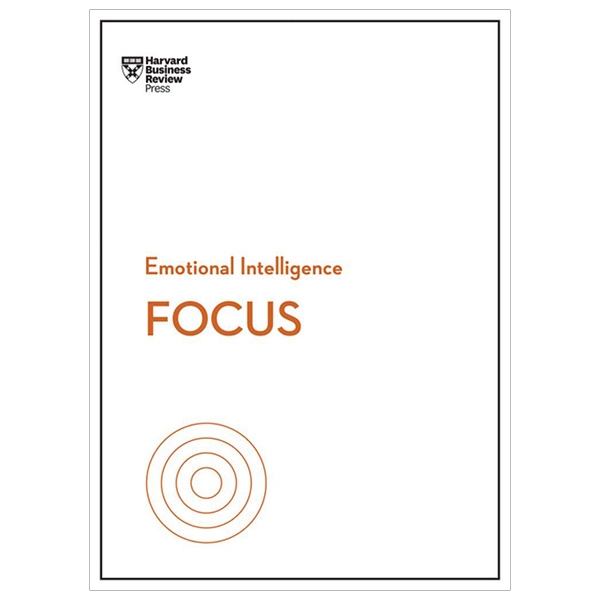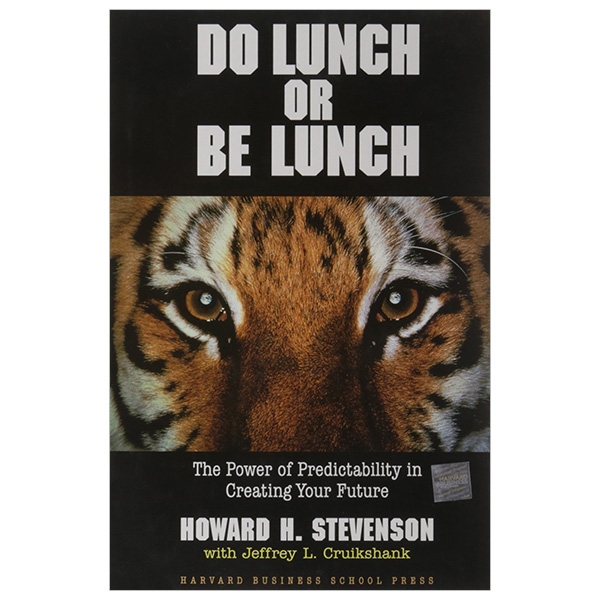HBR's 10 Must Reads: On Communication Vol. 2
Is your message getting through? The right communication tactics can motivate your people—and fuel your business.
Get more of the ideas you want, from the authors you trust, with HBR's 10 Must Reads on Communication (Vol. 2). We've combed through hundreds of Harvard Business Review articles and selected the most important ones to help you get your message across—whether you're speaking face-to-face or connecting with someone across the world.
With insights from leading experts including Erin Meyer, Heidi Grant, and Douglas Stone, this book will inspire you to:
- Power your organization through conversation
- Unlock value in your organization by asking better questions
- Improve your ability to give—and receive—advice
- Achieve better outcomes in cross-cultural negotiations
- Create smart, effective data visualizations
- Spark collaboration, learning, and innovation using digital tools
This collection of articles includes: "Leadership Is a Conversation," by Boris Groysberg and Michael Slind; "The Surprising Power of Questions," by Alison Wood Brooks and Leslie K. John; "A Second Chance to Make the Right Impression," by Heidi Grant; "The Art of Giving and Receiving Advice," by David A. Garvin and Joshua D. Margolis; "Find the Coaching in Criticism," by Sheila Heen and Douglas Stone; "Visualizations That Really Work," by Scott Berinato; "What Managers Need to Know About Social Tools," by Paul Leonardi and Tsedal Neeley; "Be Yourself, But Carefully," by Lisa Rosh and Lynn Offermann; "How to Preempt Team Conflict," by Ginka Toegel and Jean-Louis Barsoux; "Getting to Si, Ja, Oui, Hai, and Da," by Erin Meyer; and "Cultivating Everyday Courage," by James R. Detert.
HBR's 10 Must Reads paperback series is the definitive collection of books for new and experienced leaders alike. Leaders looking for the inspiration that big ideas provide, both to accelerate their own growth and that of their companies, should look no further. HBR's 10 Must Reads series focuses on the core topics that every ambitious manager needs to know: leadership, strategy, change, managing people, and managing yourself. Harvard Business Review has sorted through hundreds of articles and selected only the most essential reading on each topic. Each title includes timeless advice that will be relevant regardless of an ever‐changing business environment.

